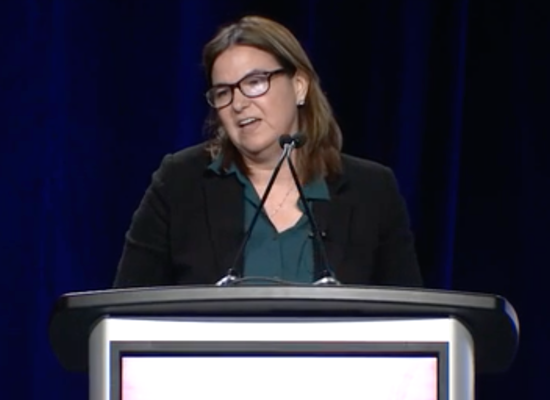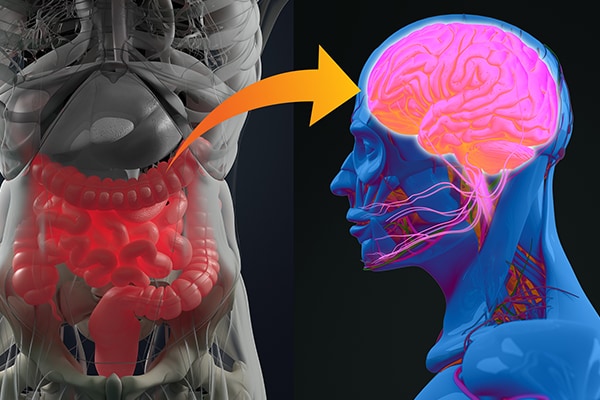Traditional polyesters are obtained via ring-opening polymerization (ROP), but significant research is currently directed at designing new biodegradable vinyl polymers with esters groups in the polymer backbone using radical ring-opening polymerization (rROP) of cyclic ketene acetals (CKAs) with traditional vinyl monomers. Join two experts working to overcome roadblocks preventing these new materials from becoming viable eco-friendly alternatives to traditional polyesters, including poor hydrolytic degradation and a lack of robust polymerization processes able to produce aqueous suspensions of degradable CKA-containing polymer nanoparticles.
Julien Nicolas of the University Paris-Saclay/CNRS will discuss his lab's approach to rROP of CKAs with traditional vinyl monomers, which takes advantage of a new copolymerization system that enables the synthesis of well-defined vinyl copolymers exhibiting a rapid hydrolytic degradation in water or PBS. This system also exhibits a tunable upper critical solution temperature, which could find interesting applications in the biomedical field. He will also present a simple two-step polymerization process based on polymerization-induced self-assembly (PISA) that is able to generate aqueous suspensions of CKA-containing vinyl copolymer nanoparticles and uses thionolactones as alternative to CKAs to generate degradable thioester-containing polymer particles by aqueous PISA.
Jia Niu of Boston College will present two examples of another promising approach towards creating degradable vinyl polymers--the radical ring-opening polymerization of cyclic monomers. Existing cyclic monomers often suffer from incomplete ring opening and limited reactivity in the copolymerization with vinyl monomers, so Prof Niu’s lab pursues cyclic monomers that possess improved reactivities through experiments inspired by organic chemistry and carbohydrate chemistry principles. First, he will introduce a new class of monosaccharide cyclic ketene acetals that have demonstrated quantitative, regiospecific, and stereoselective radical ring-opening polymerization and copolymerization. Then, he will discuss the design of cyclic allylic sulfones which can undergo a radical cascade-triggered ring-opening polymerization, making them possess broad reactivities to vinyl monomers and favorable reactivity ratios in copolymerization.
This ACS Webinar is moderated by Josh Worch of Virginia Tech and is co-produced by the ACS Division of Polymer Chemistry.
What You Will Learn
- Synthetic strategies to insert labile groups into the backbone of vinyl polymers and the different degradation modalities
- How to make aqueous suspensions of degradable polymer particles in situ
- Opportunities for new materials and applications by rROP
- Reactivity-oriented design of cyclic monomers that undergo efficient radical ring-opening polymerization
- Approaches for accessing reactivity of the radical ring-opening copolymerization
- Analyzing polymer structures using nuclear magnetic resonance spectroscopy and mass pectrometry
Co-Produced With
What an attendee said about this ACS Webinar!

Wonderful and professionally presented organic chemistry.
BECAUSE PEOPLE
LIKE YOU CREATE
GREAT CHEMISTRY
You belong here












